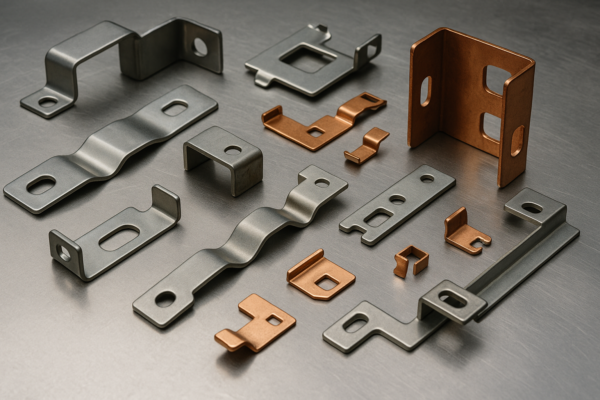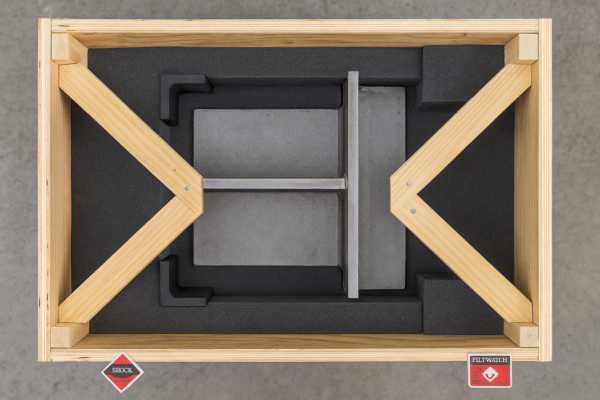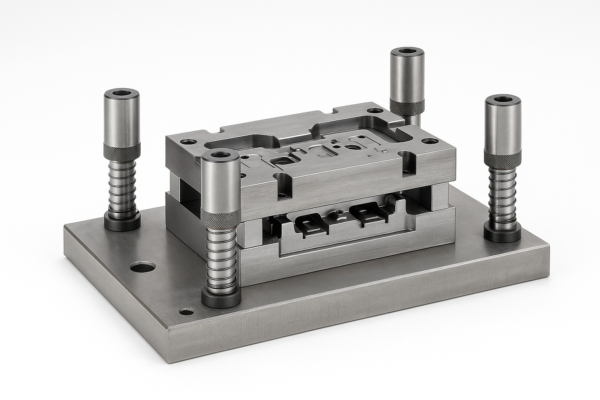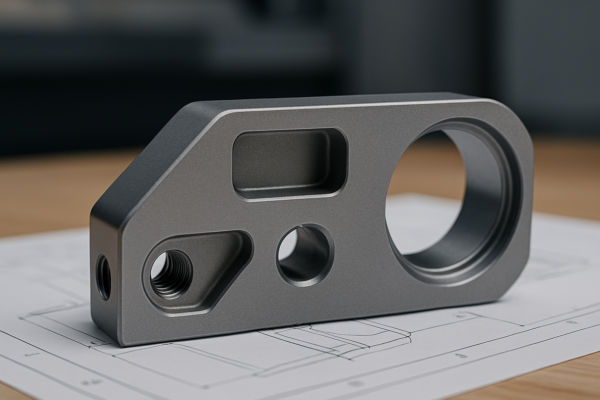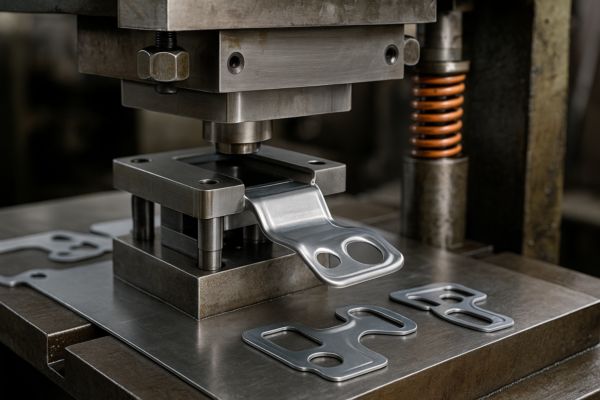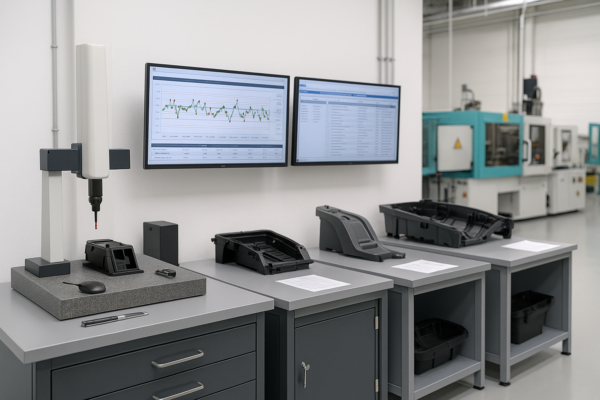Will Brass Screws React with Aluminum?
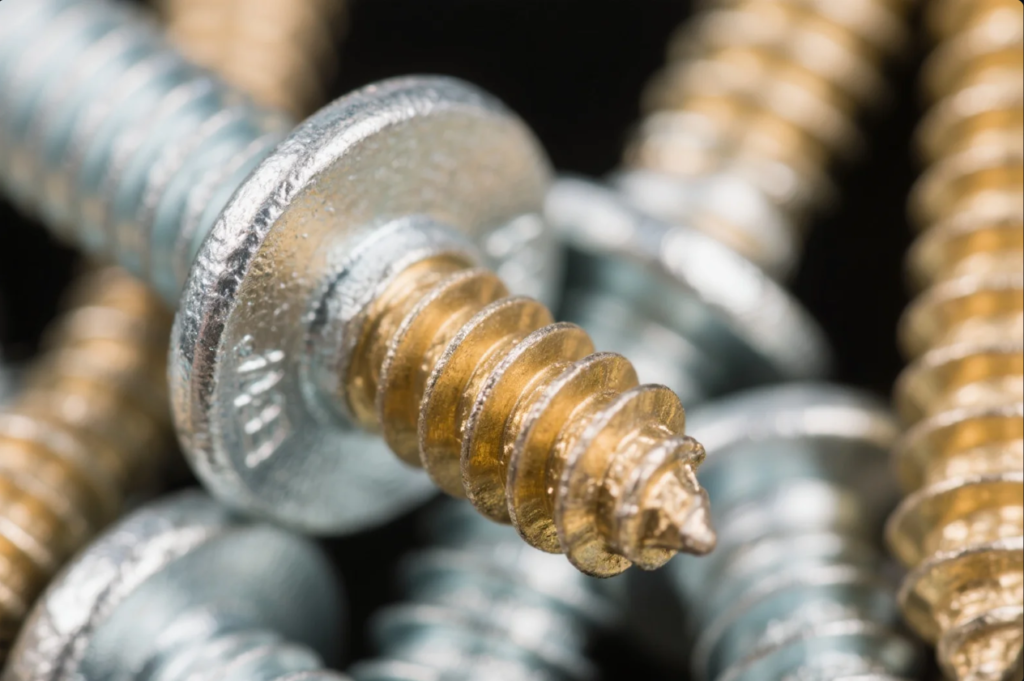
Mixing brass screws with aluminum may seem harmless — but it can cause corrosion if used improperly.
In 2025, professionals and hobbyists often ask: will brass screws react with aluminum? The answer is yes, under certain conditions. Galvanic corrosion is a real risk when dissimilar metals are paired without proper planning.
This guide explains the science behind metal compatibility, how to avoid corrosion, and what screws are safest for aluminum projects.
Can I Use Brass Screws with Aluminum?
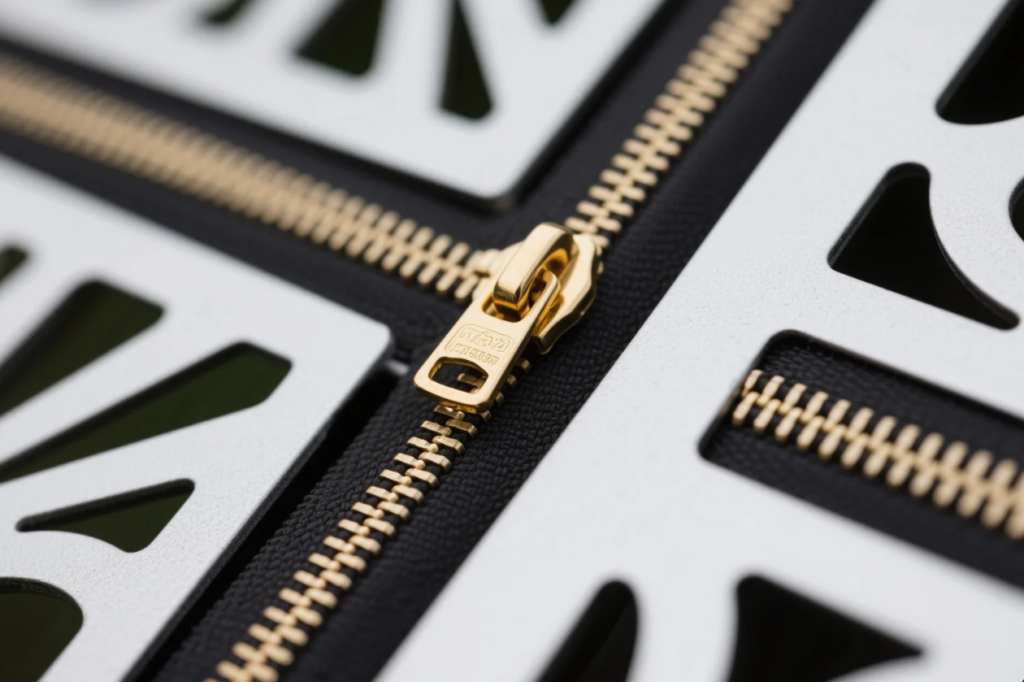
You can use brass screws in aluminum, but only in dry, protected environments.
Brass and aluminum are dissimilar metals on the galvanic scale. If exposed to moisture, brass screws can cause the aluminum to corrode over time.
Low-Risk Use Cases:
- Dry indoor fixtures
- Decorative projects
- Electronics housing (with sealing)
High-Risk Use Cases:
- Outdoor fencing
- Marine hardware
- HVAC or roofing connections
Prime recommends isolating the metals or switching to anodized aluminum or stainless fasteners for long-term reliability.
Does Brass React with Aluminum?
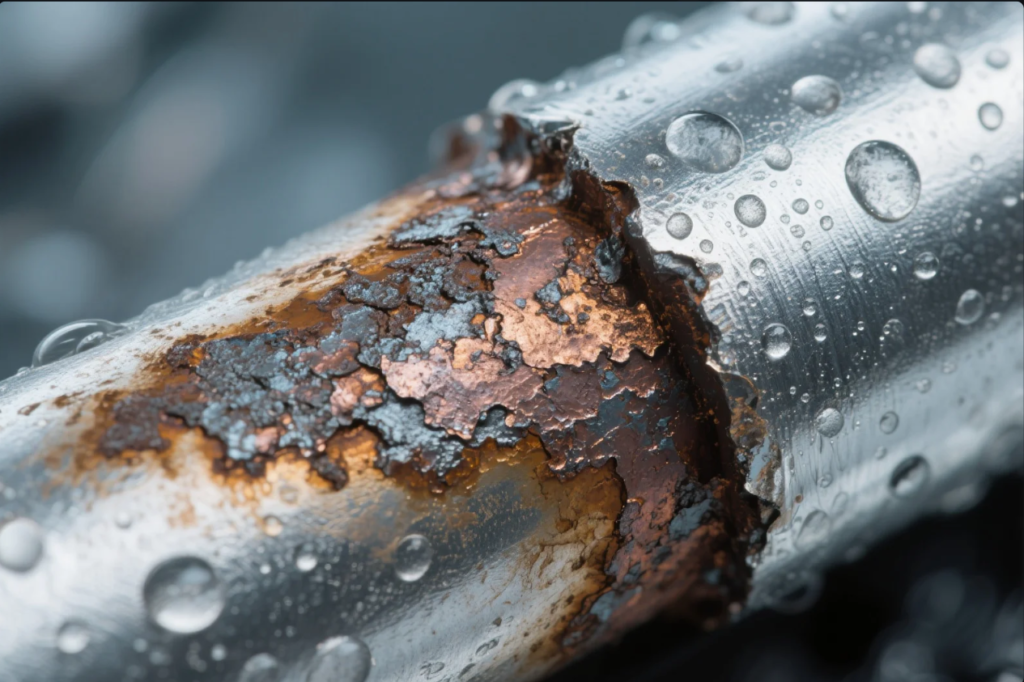
Yes. Brass reacts with aluminum in moist or electrolytic environments through galvanic corrosion.
In the galvanic series, aluminum is more anodic (active), meaning it will corrode faster when in contact with brass and an electrolyte like water or salt.
Galvanic Reaction Scale (Simplified)
| Metal | Activity (Risk Level) |
|---|---|
| Zinc | Very Active |
| Aluminum | Active |
| Brass (Copper alloy) | Noble (Less Active) |
| Stainless Steel | More Noble |
This reaction speeds up in:
- Rain-prone outdoor installations
- Coastal or marine zones
- Condensation-prone interiors (e.g. HVAC)
To prevent damage, Prime supplies brass-alternative fasteners with isolators or protective coatings engineered for aluminum compatibility.
What Screws Are Compatible with Aluminum?
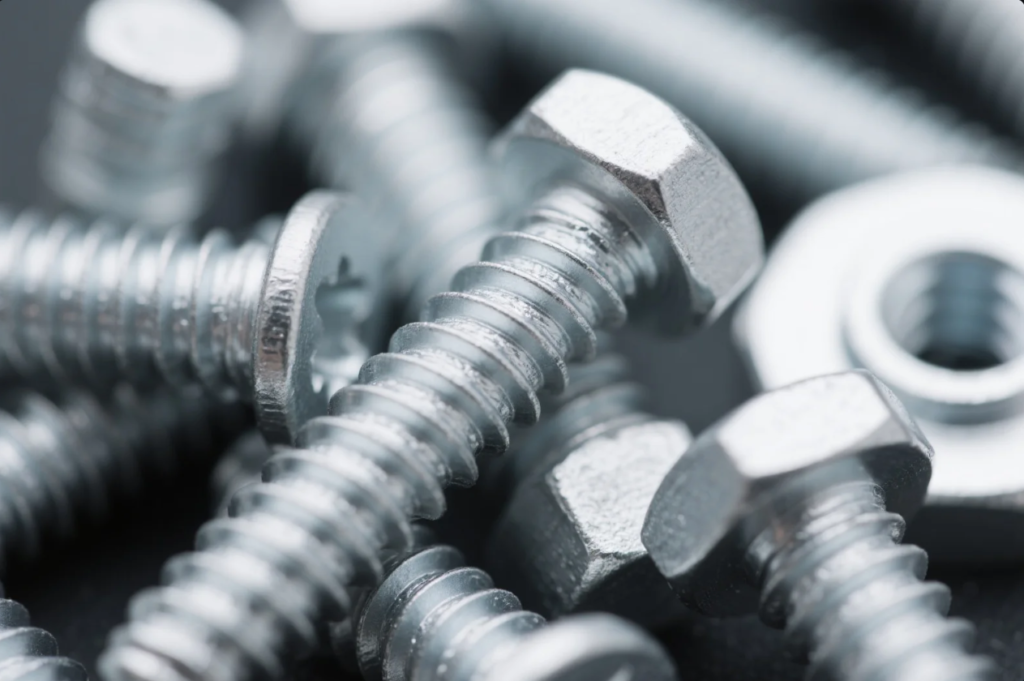
The safest fasteners for aluminum are those that prevent galvanic corrosion and match thermal expansion.
Recommended screws for aluminum include:
- Stainless Steel (304 or 316) – Best overall resistance and strength.
- Anodized Aluminum Screws – Same metal = zero corrosion risk.
- Coated Brass Screws – Acceptable for light-duty, sealed applications.
Comparison Chart
| Material | Compatibility | Ideal Use |
|---|---|---|
| Stainless Steel | Excellent | Structural, marine, HVAC |
| Anodized Aluminum | Excellent | Electronics, enclosures |
| Coated Brass | Good (Indoor) | Decorative, dry interiors |
| Galvanized Steel | Poor | Avoid with aluminum |
| Copper | Very Poor | Corrodes aluminum rapidly |
Prime stocks all types of ISO-certified aluminum-compatible screws, and offers custom sizes with nylon washers or anti-corrosion sealants.
What Metals Should Not Be Used on Aluminum?
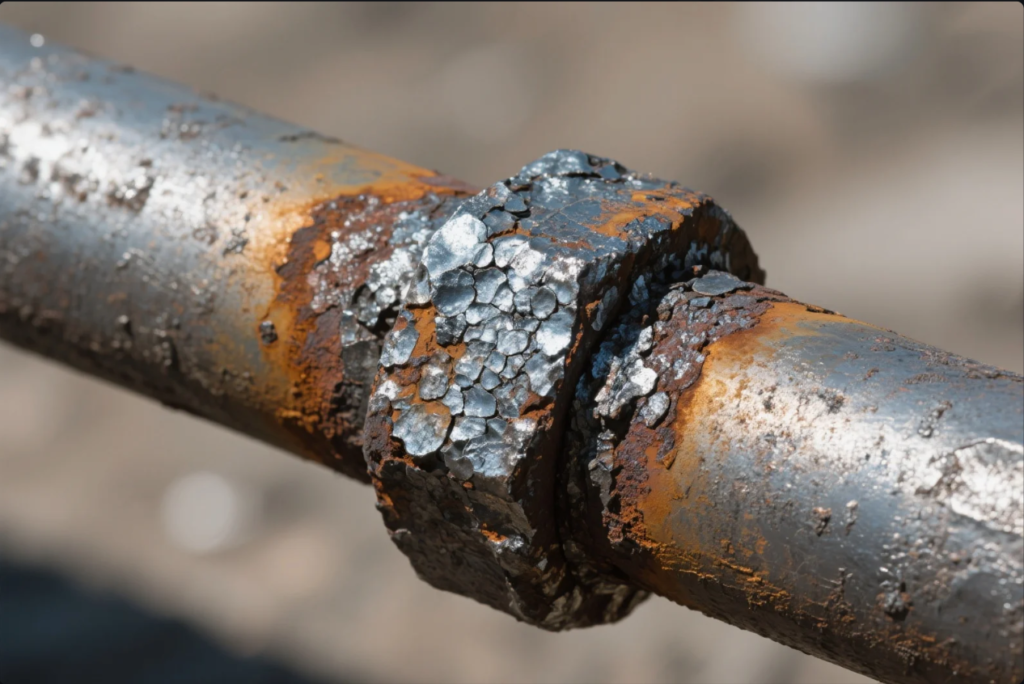
Aluminum corrodes quickly when paired with more noble metals without proper insulation.
Avoid using the following materials directly against aluminum:
- Copper – Causes aggressive galvanic corrosion.
- Plain Carbon Steel – Corrodes and weakens the aluminum.
- Hot-Dip Galvanized Steel – Common but not compatible long term.
High-Risk Combinations to Avoid
| Aluminum + … | Result |
|---|---|
| Copper | Severe pitting, rust streaks |
| Steel (uncoated) | Rusting and joint failure |
| Zinc (galvanized) | White rust, paint bubbling |
Where mixed-metal use is unavoidable, Prime offers gaskets, plastic washers, and anti-seize coatings that create isolation barriers between metals.
Best Practices for Using Dissimilar Metals
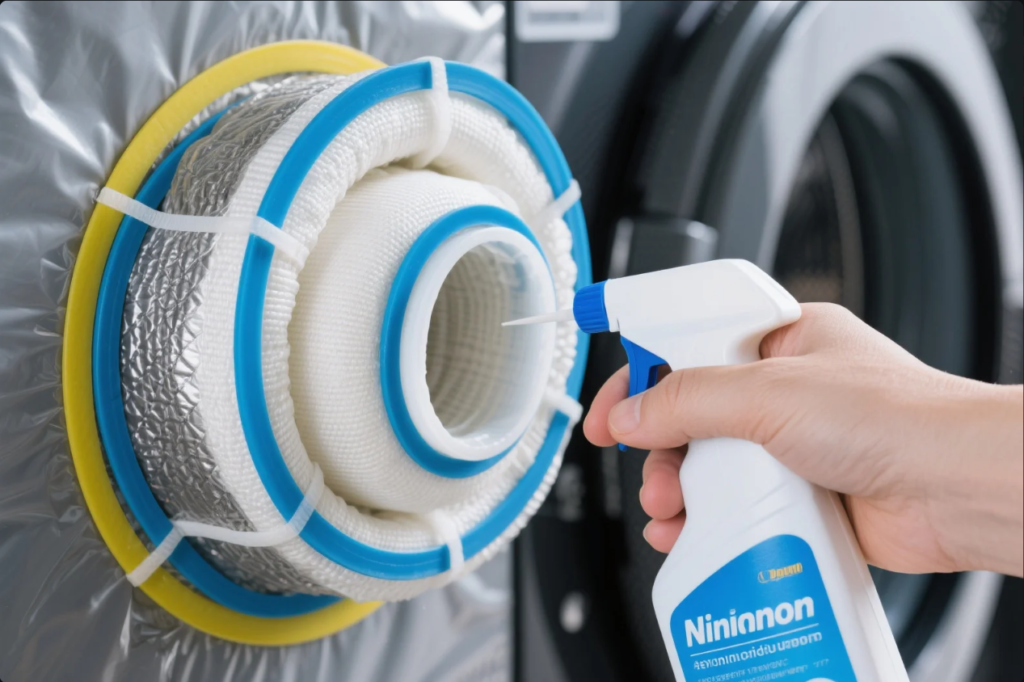
If you must use brass or other dissimilar screws in aluminum, follow these practices:
How to Reduce Corrosion Risk
-
Use Isolation Materials
- Nylon washers
- EPDM or rubber grommets
- Plastic sleeves
-
Apply Protective Coatings
- Thread-locking sealants
- Non-conductive paint or tape
- Anodizing or zinc-nickel plating
-
Limit Exposure
- Design for drainage
- Seal joints from rain or humidity
- Avoid long-term water pooling
Prime’s engineering team often helps clients redesign fastener configurations for long-term outdoor durability using multi-metal structures. Ask us for a free quote at [email protected].
FAQs
Q1: Can brass screws be used for electrical work in aluminum boxes?
A1: Yes, but only when dry and sealed. Always consider a neutralizing barrier or coating.
Q2: Are there coated brass screws that resist corrosion with aluminum?
A2: Yes. Nickel-coated or polymer-dipped brass screws reduce corrosion, but stainless remains a better choice.
Q3: Can anodizing aluminum prevent galvanic corrosion with brass?
A3: Partially. Anodizing creates an oxide layer, but physical insulation is still recommended.
Q4: What fastener is best for long-term aluminum projects outdoors?
A4: Marine-grade 316 stainless steel screws are the safest for durability and strength.
Q5: Does Prime offer fasteners in custom packaging or labeling?
A5: Yes. Prime provides branded packaging, barcode labeling, and custom sorting for OEM and distributor needs.
Conclusion
Brass screws can cause aluminum corrosion under moist or outdoor conditions due to galvanic reactions. While safe indoors with isolation, they’re not the best for long-term structural use. Choose stainless or anodized options instead. For expert help choosing fasteners for aluminum, contact Prime or email [email protected] for free samples and technical support.

